On the UN Day for preventing child sexual exploitation, exclusive data shows the scale of parents’ concerns over explicit content and online predators – as activists say lawmakers are dragging their feet.
Exposure to sexual or explicit content and the risk of encountering predators are parents’ top fears about children’s internet use, according to a study published on Monday by ECPAT International.
The report, which coincides with the UN Day for the Prevention and Healing from Child Sexual Exploitation, Abuse, and Violence, examines attitudes in France, Poland, the Netherlands, Spain, and Sweden.
Children’s online safety is the foremost concern in Poland, Sweden, and the Netherlands – and it’s particularly a concern for mothers, and for urban parents, found ECPAT, a non-government organisation (NGO) fighting child sexual exploitation.
Parents also cite concern about the internet affecting their children’s sleep quality and social skills, the report said.
While online safety risks are a concern for only 40% of parents in the Netherlands, that rises dramatically to 73% in Spain and France. Perhaps with good reason: just last month in France, a man was sentenced to 25 years in prison for orchestrating the abuse and torture via webcam of over 1,000 young girls aged five to ten, between 2012 and 2021.
Bullying, harmful content, excessive screen time and data privacy breaches, though still significant worries for parents, come lower down the list.
How do parents protect children online?
Whatever country they’re in, parents take consistent action to safeguard their kids online, the study found.
The primary strategy is open communication: over three quarters of parents believe their own online experiences help them guide their children, but nearly half say they need additional resources to fully educate their kids about the digital world.
Yet fewer than 40% of children feel comfortable discussing online risks with their parents, fearing either punishment, awkwardness, or a lack of understanding, a previous ECPAT study has shown.
Many parents also seek to monitor and control internet access, limiting screen time or using parental controls.
But fewer would consider seeking advice or reporting the issue to the authorities, and under one in five would organise events or volunteer to promote online child safety.
NGOs call for urgent action
EU lawmakers need to address a “child sexual abuse crisis,” 73 child protection NGOs said in a joint call on Monday. Last year, more than 100 million images or videos of child sexual abuse were discovered online, and 98% of these depicted children under 13, said the pressure groups, which include Child Focus (Belgium), Fondation pour l’Enfance (France)and Fondazione SOS il Telefono Azzurro ETS (Italy).
NGOs want to see progress on a new EU regulation to prevent and combat child sexual abuse – where talks are currently in deadlock over the contentious issue of scanning encrypted messages.
They also called for lawmakers to address emerging forms of digital crime such as live-streamed abuse, AI-generated deepfake images, automated grooming and sexual extortion – saying that child abuse should be treated as rigorously by the law online as it is offline.

 4 months ago
39
4 months ago
39
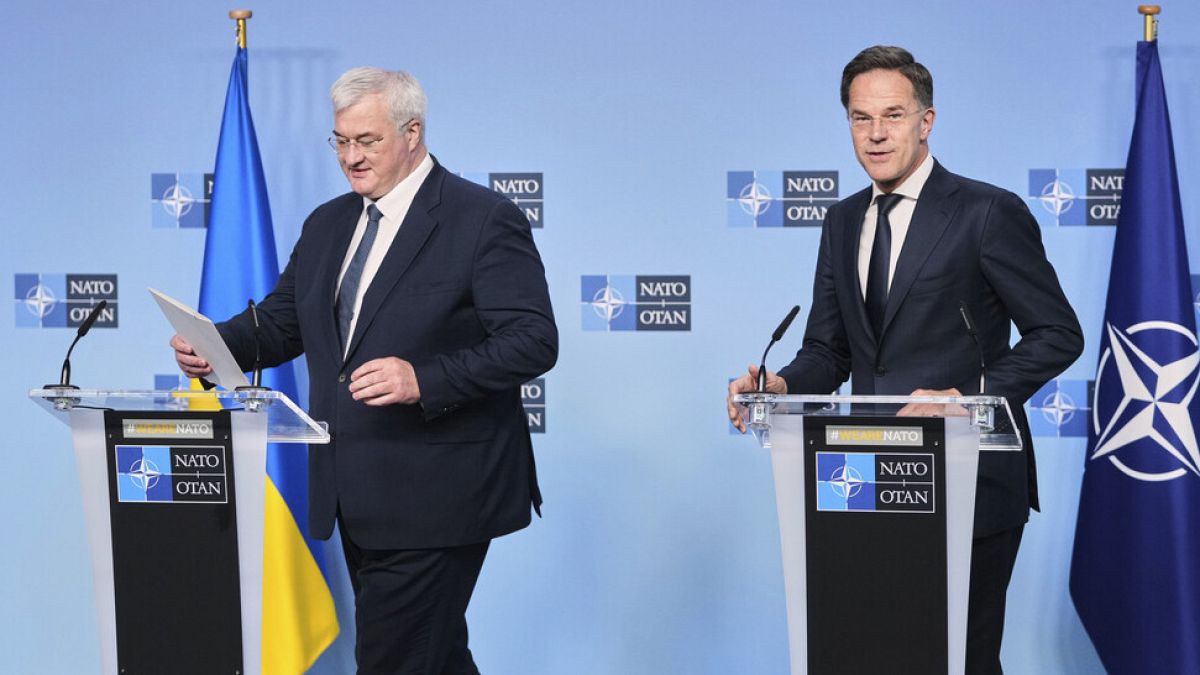
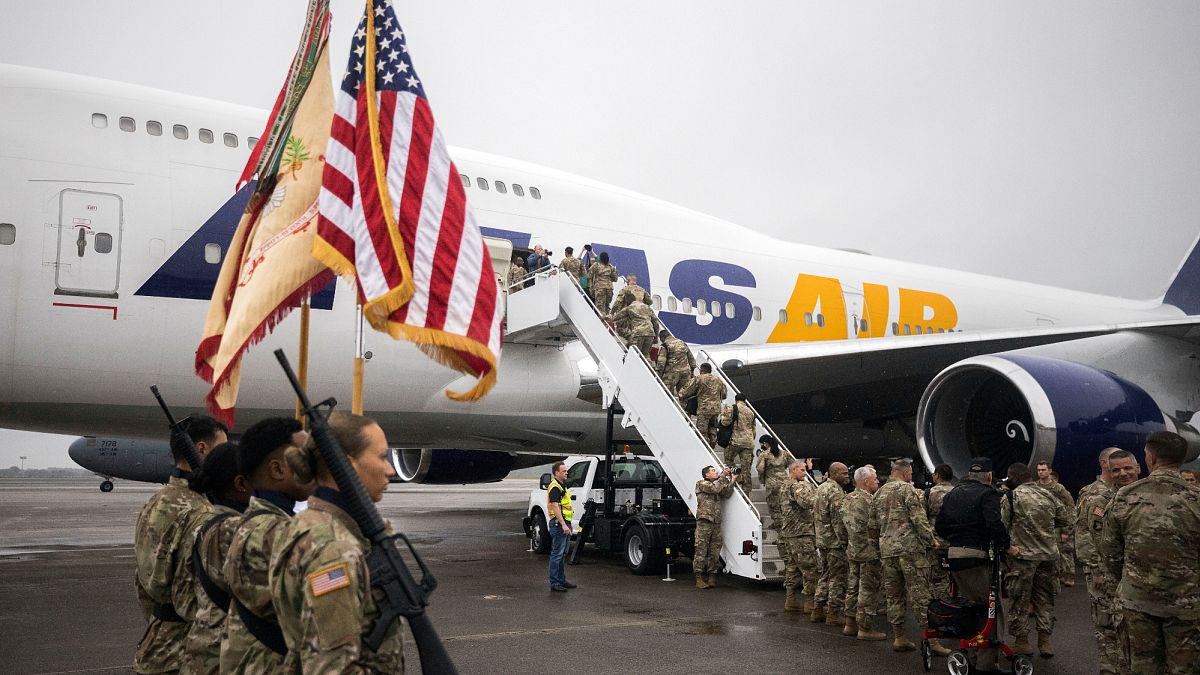
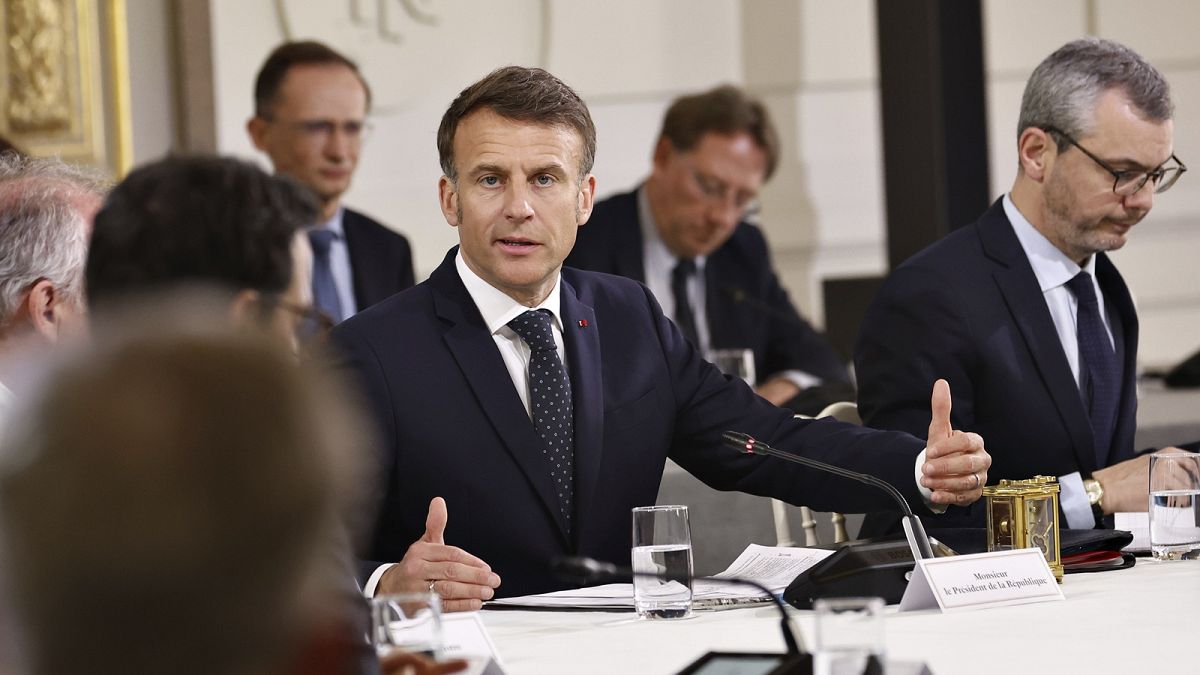
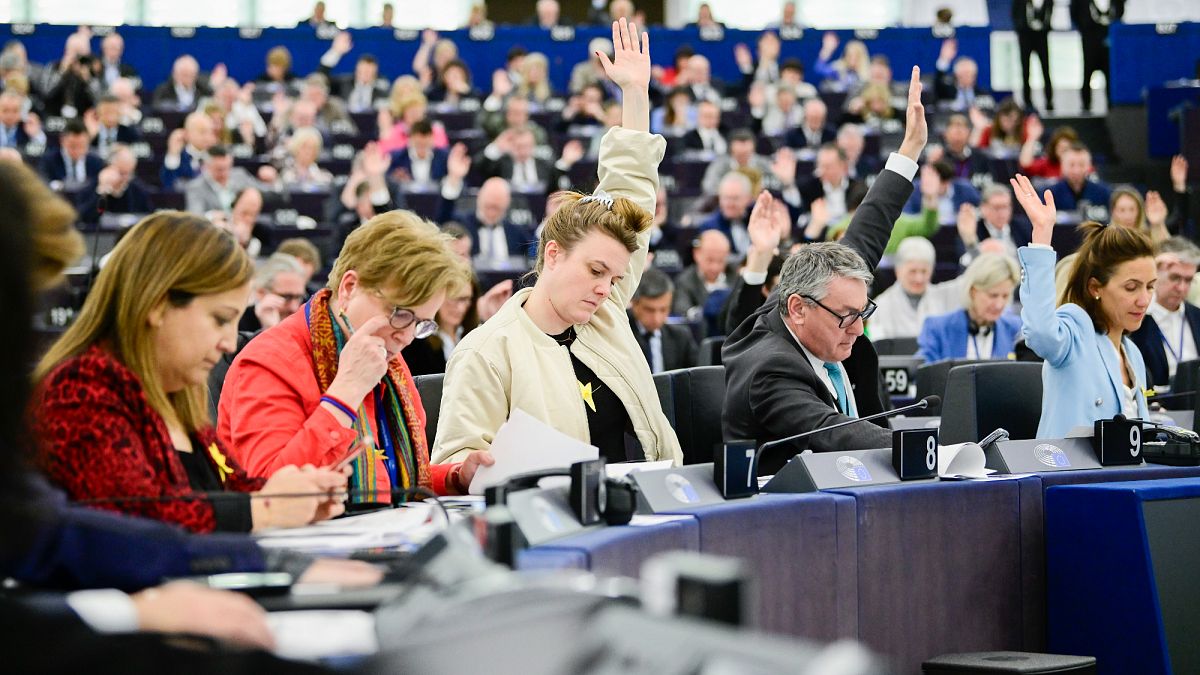
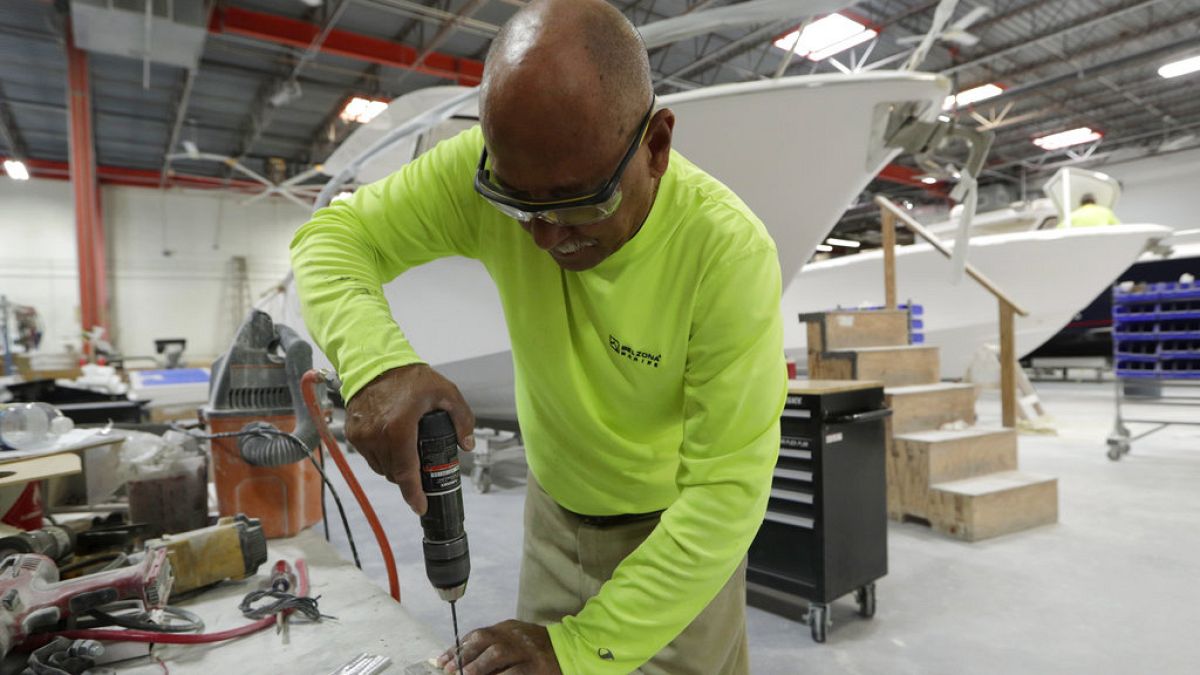
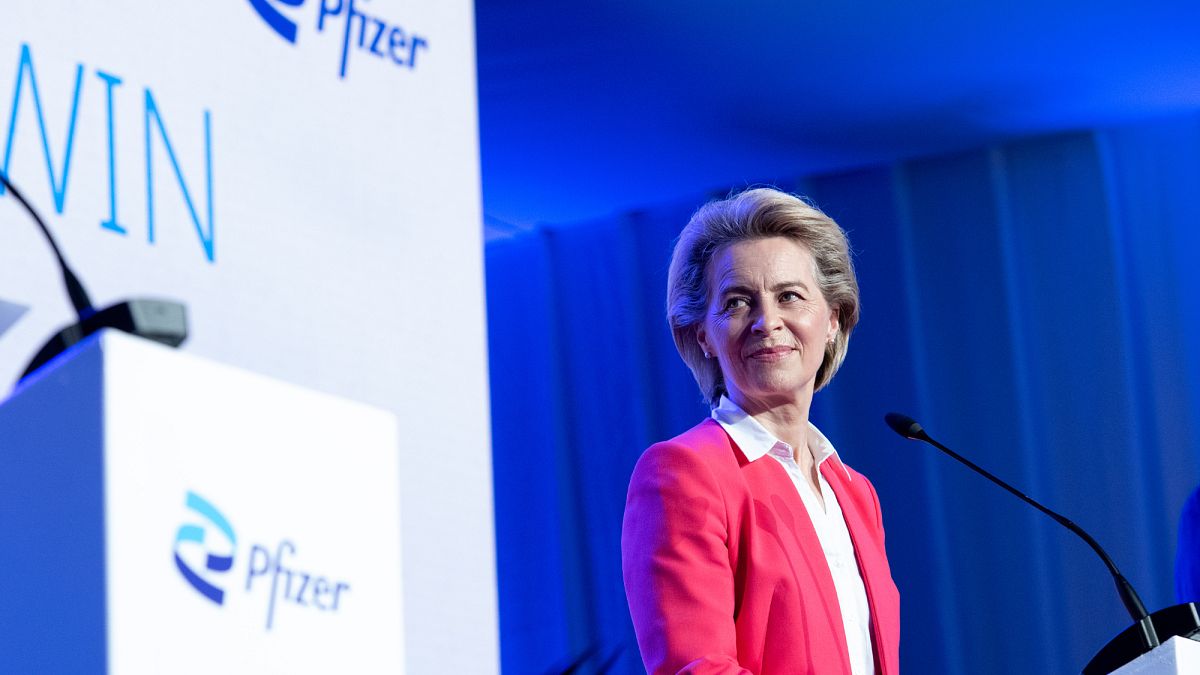
 We deliver critical software at unparalleled value and speed to help your business thrive
We deliver critical software at unparalleled value and speed to help your business thrive






 English (US) ·
English (US) ·